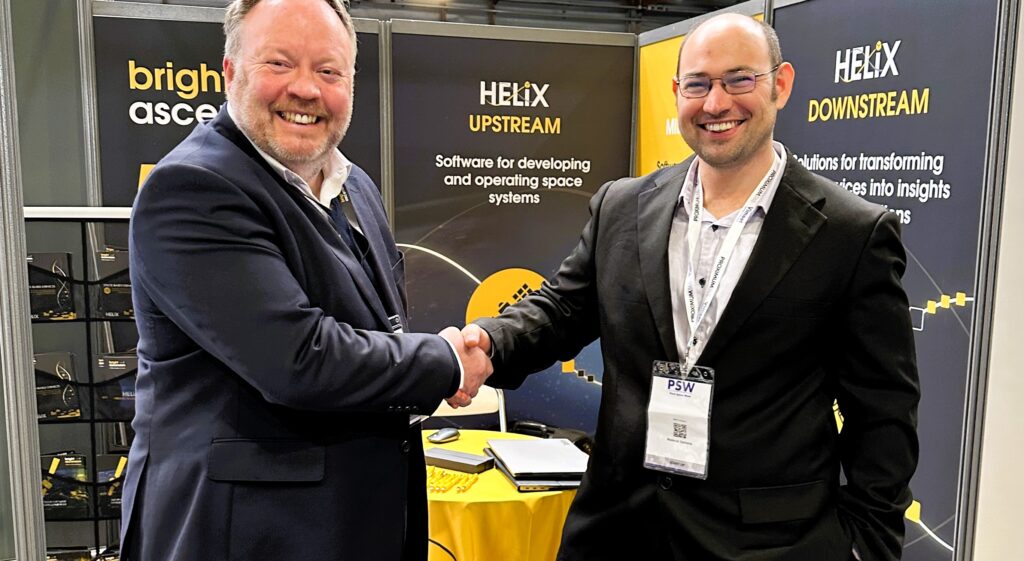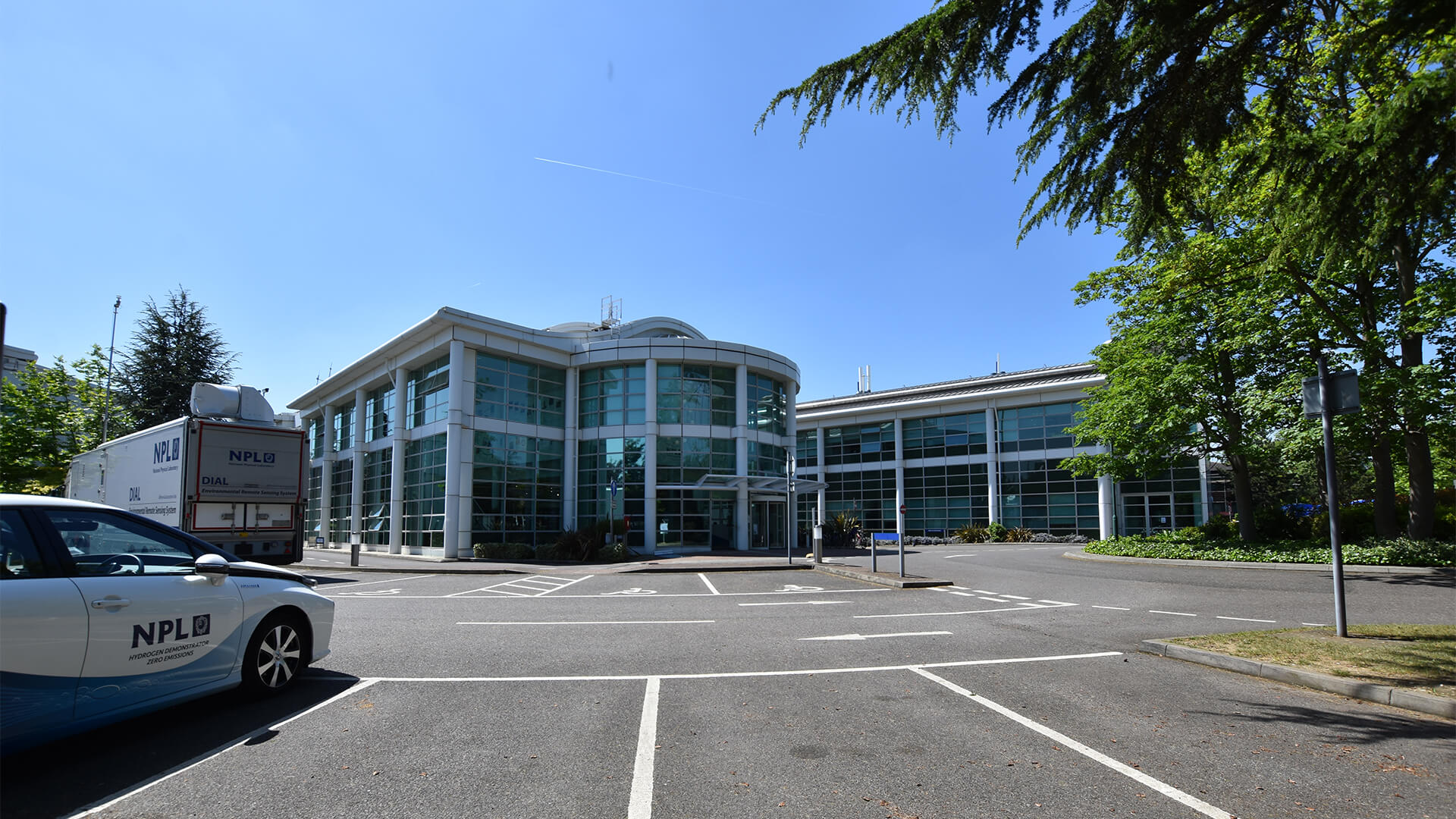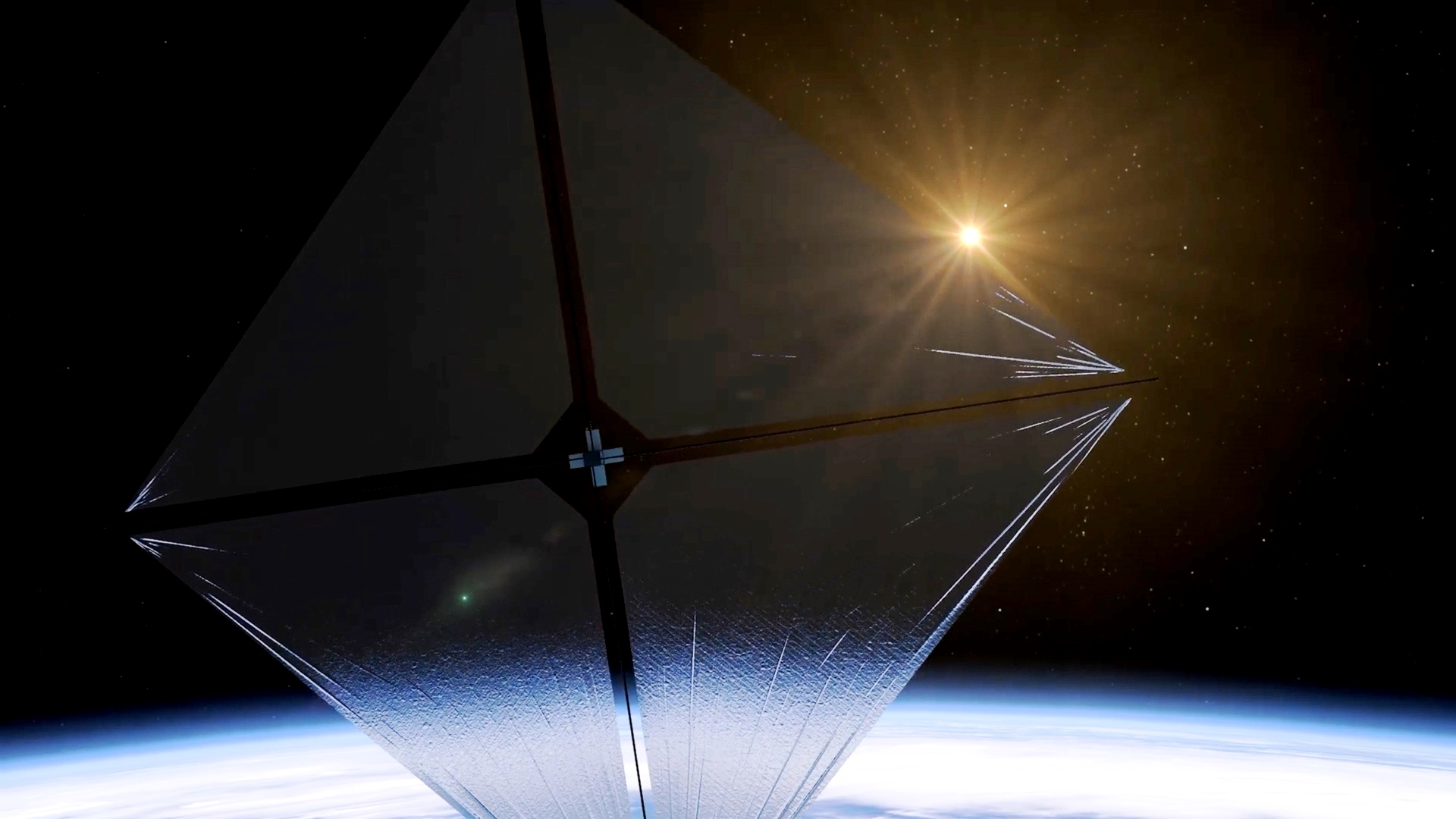SSTL celebrates 30 years of space innovation

Sir Martin Sweeting, founder of the Company and Executive Chairman, gave a short speech to staff, reminding them of their achievements and looking forward to future years of innovation, with space hardware beyond Earth’s orbit firmly on SSTL’s wish list. He said: “We have come a long way together since the early days of our first microsatellites. Indeed, small satellites are now all the fashion and we can be proud to have stimulated a new global industry – demonstrating that British inventiveness is alive and well. There have been of course many challenges and as many highlights throughout the last three decades but, above all, the achievements are due to the growth of an incredible team at SSTL who are dedicated to the exacting task of designing and building complex but reliable satellites for our customers, seeing them perform in space, and stimulating new applications and businesses.“
The SSTL story is a showcase of British ingenuity, ambition and innovation in space engineering which has propelled the Company to the forefront of the small satellite industry. Today the Company employs 500 staff and assembles multiple satellites and space hardware in a suite of state-of-the-art cleanrooms and laboratories, but the origins of the Company were much more humble: a home-made structure in the corner of a University of Surrey laboratory served as a 'cleanroom' where Sir Martin Sweeting, then a PhD student at the University, led a small team to design and manufacture UoSAT-1, an experimental small satellite built using commercial-off-the-shelf components and launched in 1981.
The UoSAT-1 spacecraft, weighing just 72kg and the size of a small fridge, was lighter, quicker to build, and much cheaper than traditional satellites of the time, which were generally the size of a double-decker bus. UoSAT-1’s successful mission racked up two “Firsts”: the first microsatellite with in-orbit re-programmable computer and the first to fly a CCD area array Earth imager. Since that time, SSTL has gone on to achieve many more “Firsts” and today a list of 30 Firsts is published on the Company’s website in honour of the 30th Year Anniversary. Included on the list are the first recorded and verified unintentional space debris impact by two man-made objects in Earth orbit, the UK’s first nanosatellite in orbit, the first use of butane as a space propellant, the first satellite to have a web address in orbit, and the first momentum wheel to guide a landing craft to the surface of a comet.
During the 30 year history of the Company:
• SSTL’s satellites have amassed over 520 orbit years, which is about 115 million orbits of the Earth, and have travelled over 5 trillion kilometres – or to Pluto and back 8 times!
• 6 national space agencies have been formed as a result of launching an SSTL small satellite as a first space mission.
• SSTL has averaged 2 satellite launches per year, with 43 satellites launched to date from 8 different launch sites around the world. A further 4 SSTL satellites are due to launch this year.
SSTL was formed in 1985 as a spin-out company from the University of Surrey to transfer the results of its research into small satellite engineering into a commercial enterprise. The growth of the Company accelerated and in 2006 it moved from the University to purpose-built premises on the Surrey Research Park.
In 2009 the EADS group company, Astrium, bought a 99% shareholding in SSTL from the University. In 2014, EADS re-organised and SSTL is now an independent company within the Airbus Defence and Space Group.
To date the SSTL has launched 43 satellites, with a further four satellites due to launch this year. The Company currently has over 20 spacecraft in manufacture or awaiting launch, as well as 22 payloads for Galileo, Europe’s satellite navigation system.
















